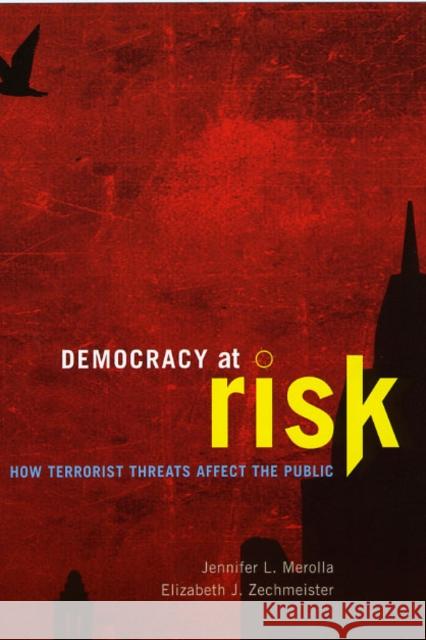Democracy at Risk: How Terrorist Threats Affect the Public » książka
Democracy at Risk: How Terrorist Threats Affect the Public
ISBN-13: 9780226520544 / Angielski / Twarda / 2009 / 280 str.
Democracy at Risk: How Terrorist Threats Affect the Public
ISBN-13: 9780226520544 / Angielski / Twarda / 2009 / 280 str.
(netto: 396,09 VAT: 5%)
Najniższa cena z 30 dni: 412,49
ok. 30 dni roboczych.
Darmowa dostawa!
How do threats of terrorism affect the opinions of citizens? Speculation abounds, but until now no one had marshaled hard evidence to explain the complexities of this relationship. Drawing on data from surveys and original experiments they conducted in the United States and Mexico, Jennifer Merolla and Elizabeth Zechmeister demonstrate how our strategies for coping with terrorist threats significantly influence our attitudes toward fellow citizens, political leaders, and foreign nations.
The authors reveal, for example, that some people try to restore a sense of order and control through increased wariness of others especially of those who exist outside the societal mainstream. Additionally, voters under threat tend to prize strong leadership more highly than partisan affiliation, making some politicians seem more charismatic than they otherwise would. The authors show that a wary public will sometimes continue to empower such leaders after they have been elected, giving them greater authority even at the expense of institutional checks and balances. Having demonstrated that a climate of terrorist threat also increases support for restrictive laws at home and engagement against terrorists abroad, Merolla and Zechmeister conclude that our responses to such threats can put democracy at risk."











